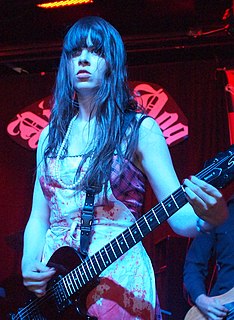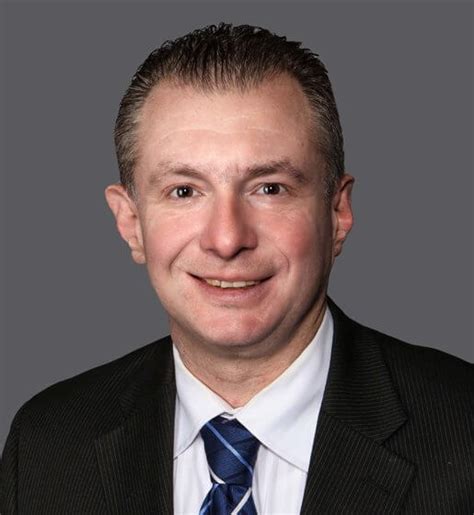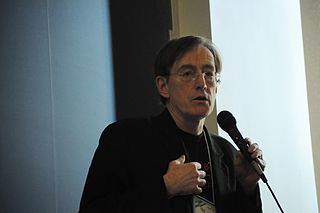A Quote by Kimbal Musk
Sadly, many people in our biggest cities are at the mercy of industrial food.
Related Quotes
There are many challenges, sadly many challenges our mothers were used to but have endured, which is inspiring. Sadly there are many challenges that many of us are already used to and have been fighting for years, yet our strengths will inspire future generations. That's not to forget we will share many more triumphs to come. It is all a process. Ironically enough, situations that violate human philosophy unite people of different backgrounds.
Countless innocent American lives have been stolen because our politicians have failed in their duty to secure our borders and enforce our laws like they have to be enforced. I have met with many of the great parents who lost their children to sanctuary cities and open borders. So many people, so many, many people. So sad.
The history of lead is a history of neglect. It's a history of decisions on our part not to address the broad implications of what we did to ourselves during the industrial revolution and in the first part of the century when our cities expanded broadly, when we built our housing and we began to depend upon lead as a mainstay of our new industrial culture. We put this stuff in even though we knew it was dangerous, we knew it was going to hurt kids.
The two biggest hits (by Machito)... were about that enduring Cuban song topic-food: 'Sopa de pichn' [pigeon soup] and 'Paella'. If you think that all songs about food are double entendres for sex... Well, maybe all songs about food can be double entendres, but in many periods of Cuban history, for many people, food has been harder to get, and the subject of more fantasies, than sex.
We have food deserts in our cities. We know that the distance you live from a supplier of fresh produce is one of the best predictors of your health. And in the inner city, people don't have grocery stores. So we have to figure out a way of getting supermarkets and farmers markets into the inner cities.
By rebuilding transportation so that you're not owning this thing that just sits there all the time, you get to rebuild cities in the process. If we do this right as a country, we have a chance to re-create our cities with the people, rather than cars, at the center. Our cities today have been built for the car. They've been built for car ownership. Imagine walking around in the city where you don't see any parking lots and you don't need that many roads.
Is our national goal to place as many people on welfare, food stamp support, as we can possibly put on that program? Is that our goal? Is that a moral vision for the United States of America, just to see how many people we can place in a situation where they're dependent on the federal government for their food?
































